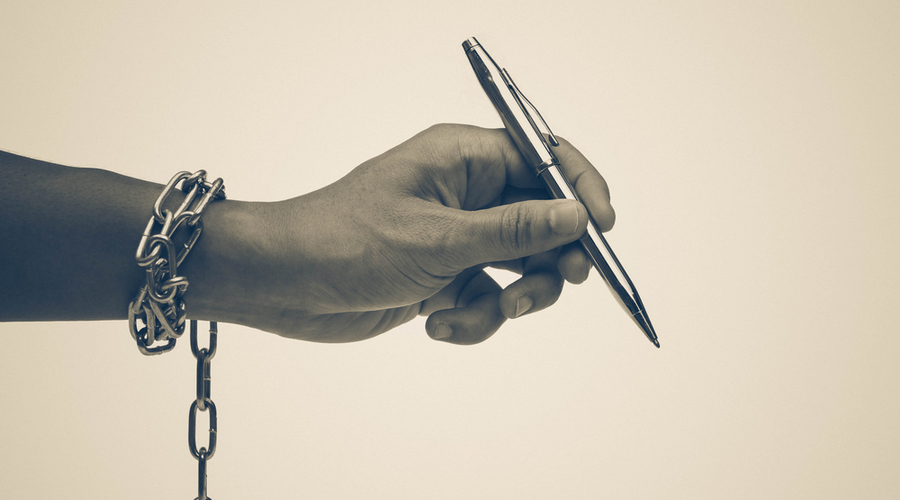Freedom of the press is not just important to democracy; it is democracy. Those words from the iconic American broadcast journalist, Walter Cronkite, who was often dubbed the ‘most trusted man in America’, are particularly relevant in India today as the news media faces fresh constraints in the world’s largest democracy. The Press Information Bureau has finalized new rules under which journalists can lose their accreditation if they act in a manner “prejudicial to the sovereignty and integrity of India, the security of the state, friendly relations with foreign states, public order, decency or morality”. The bureau — the government’s interface with the media — can also suspend the accreditation of reporters and editors if they are charged with a “serious cognizable offence”. Accreditation, available only to experienced journalists after rigorous background and security checks, allows access to many public offices and policymakers. That access is an important ingredient in enabling reporters to independently unearth or confirm facts and expose lies and wrongdoing by those in power. Simply put, media accreditation represents a recognition that facilitating a free press to function is central for a democracy to truly thrive.
Yet, under the new rules, it is the government that will decide whether a journalist has run afoul of its interpretation of national security considerations or morality. A ruling administration can bring charges against a media professional to justify the suspension of accreditation. This is dangerous and is likely to be misused by those in power — whichever political formation they might subscribe to. The growing crackdown on journalists in Kashmir portends the dark future of the news media across India if these new accreditation rules take root. Editors and reporters in the Valley have been arrested and charged on national security grounds for being critical of government policies. Often, the evidence cited against Kashmiri journalists has involved little more than social media posts that question New Delhi’s military-led approach to the region. The new accreditation rules could have a chilling effect on the ability of journalists to challenge the government, since doing so could mean the risk of losing access vital for their livelihood. Governments do not do the news media a favour by allowing journalists to do their job. A free press is the vaccine that helps immunize countries against the excesses of their rulers. And no vaccine can work if its antibodies — journalists — are rendered toothless.











